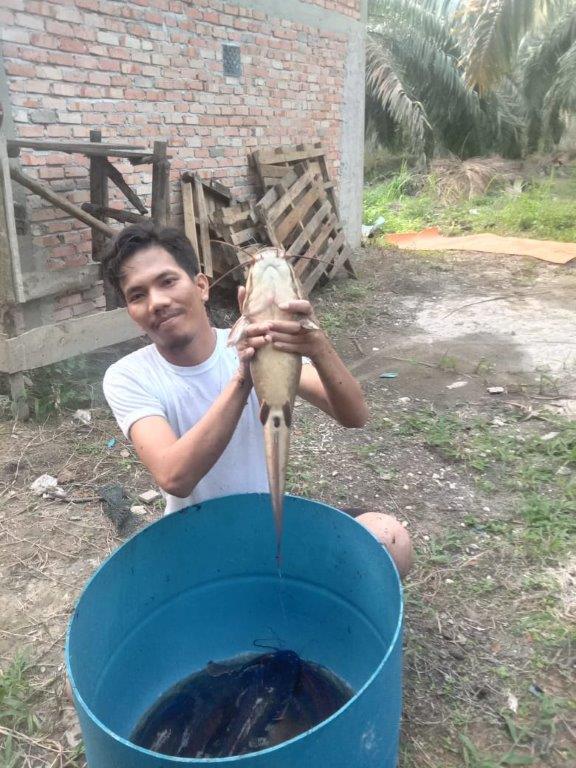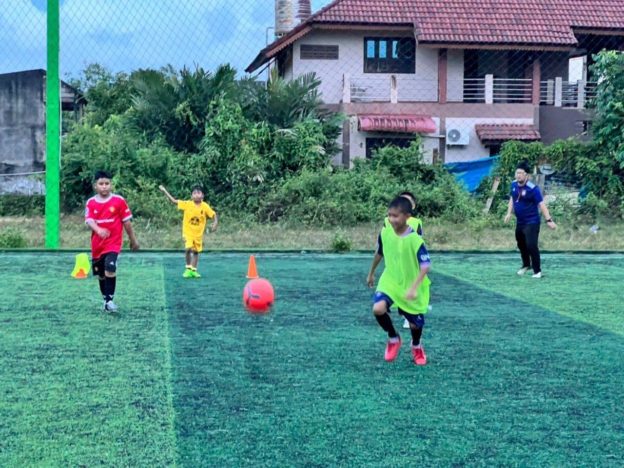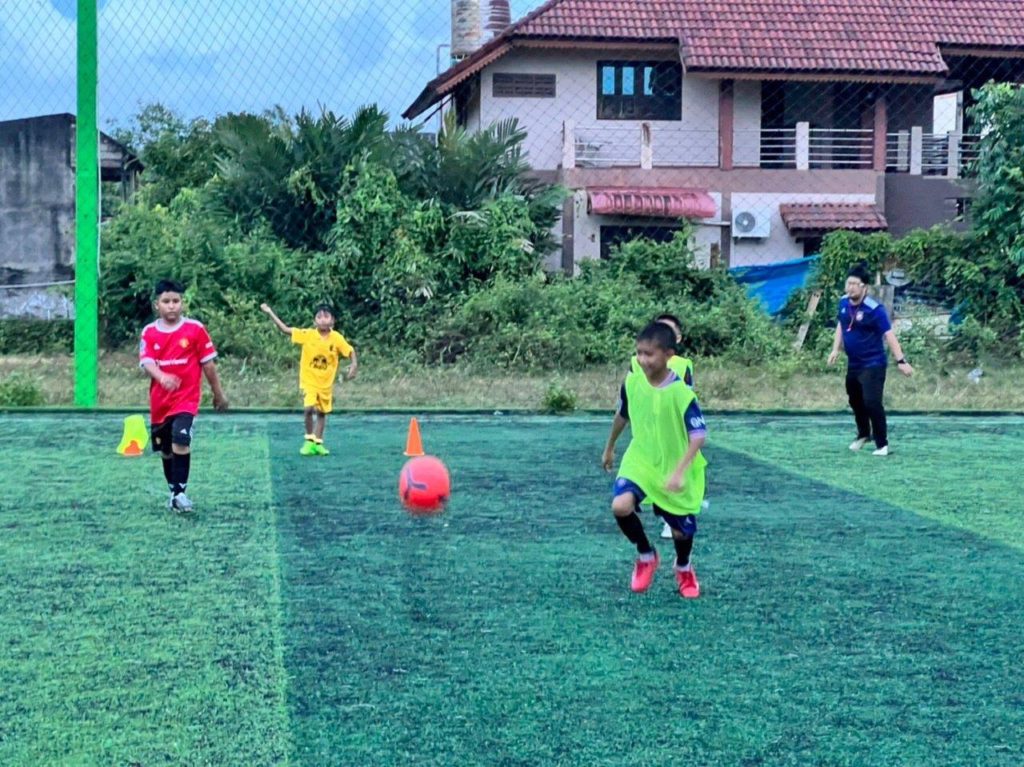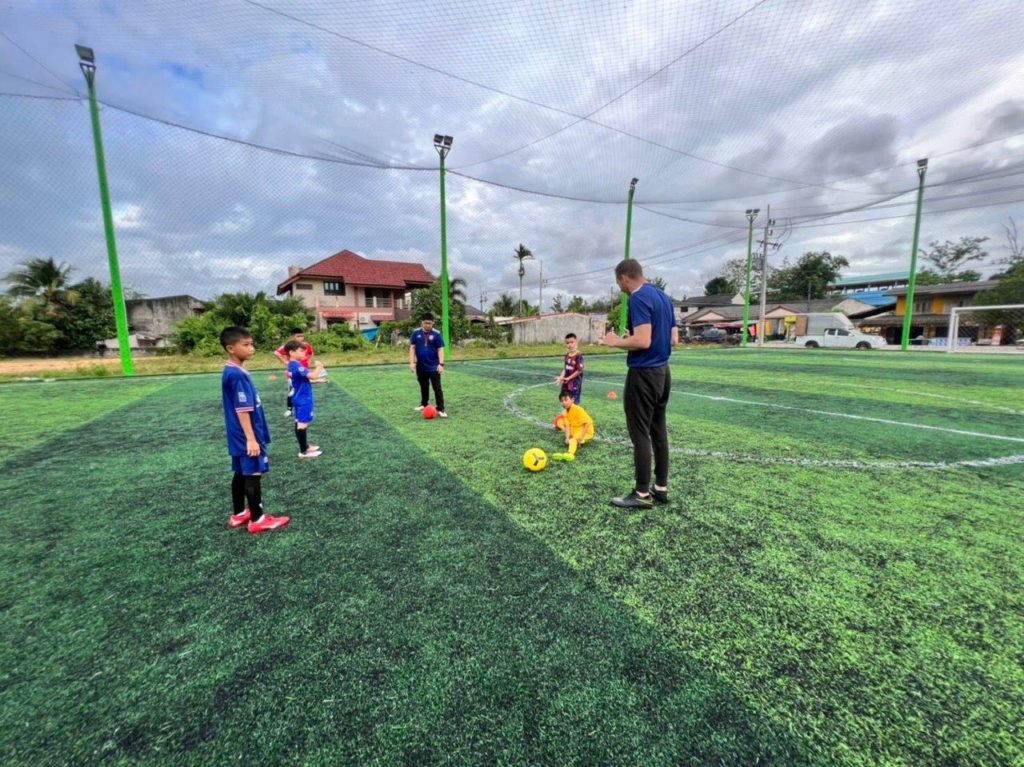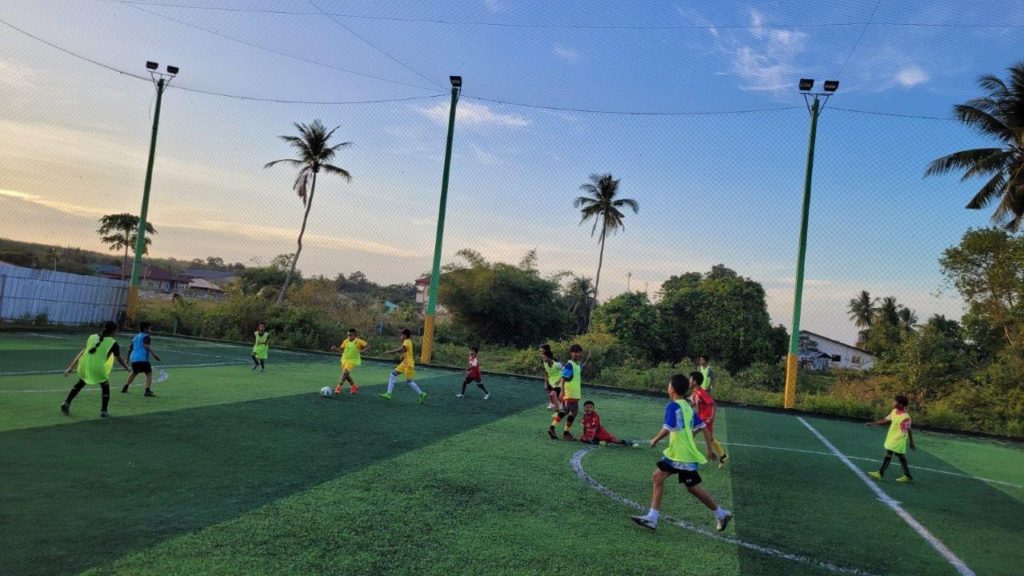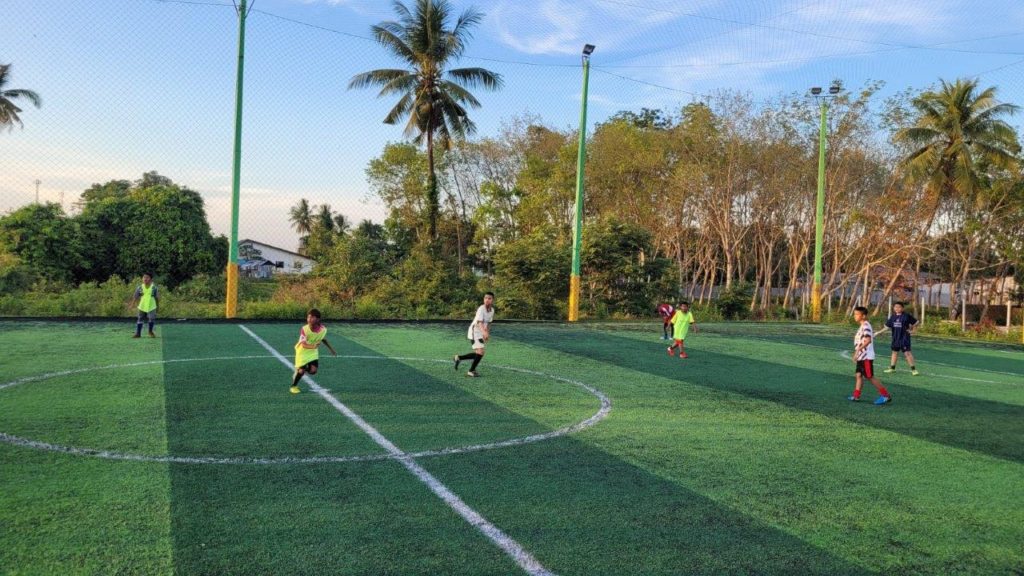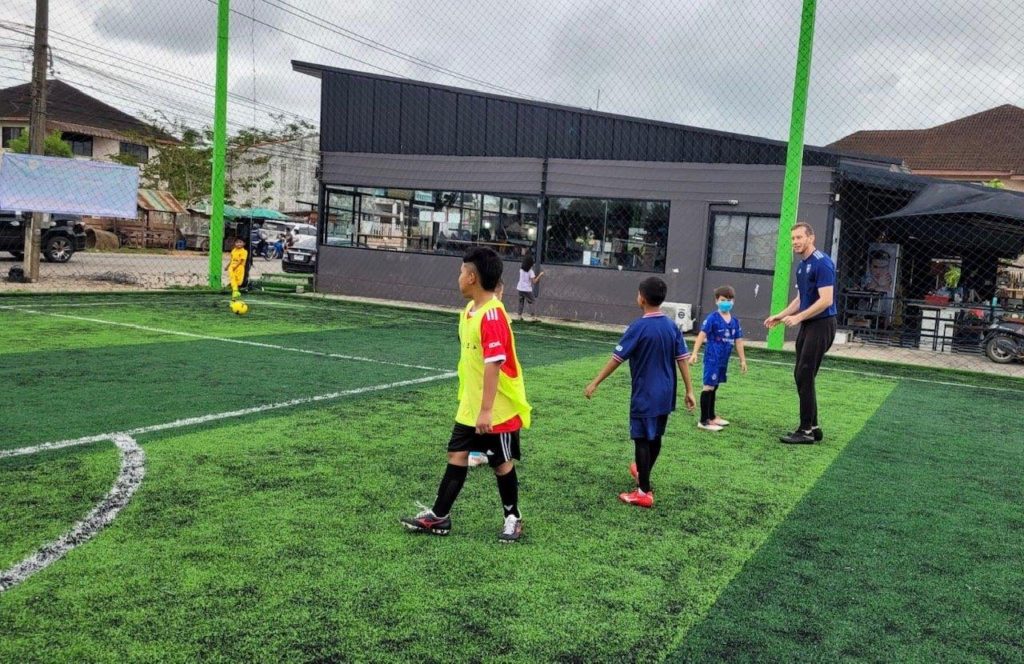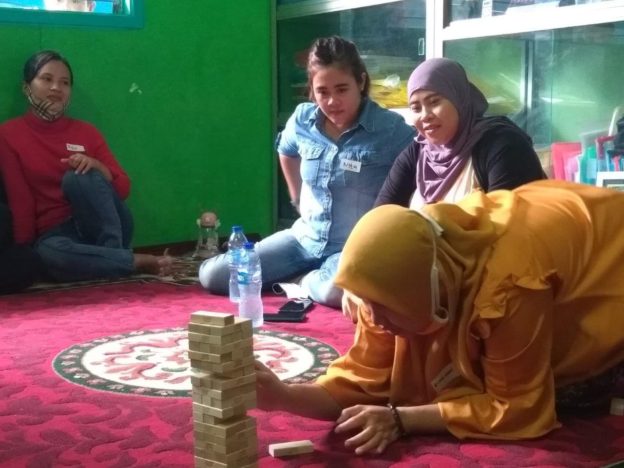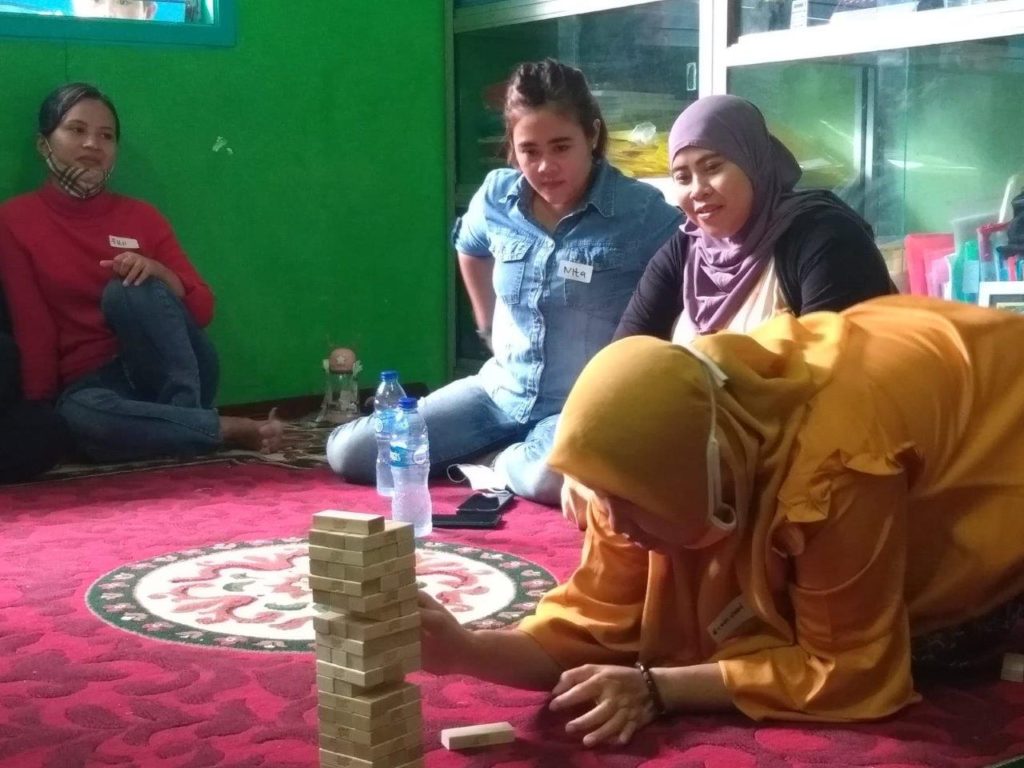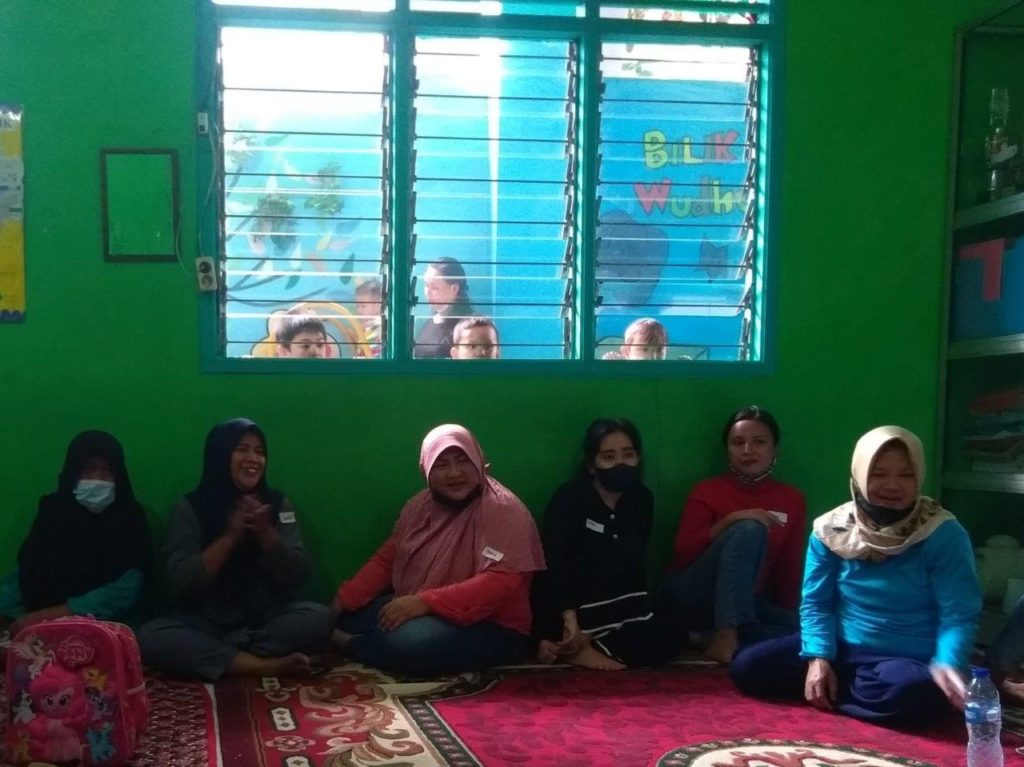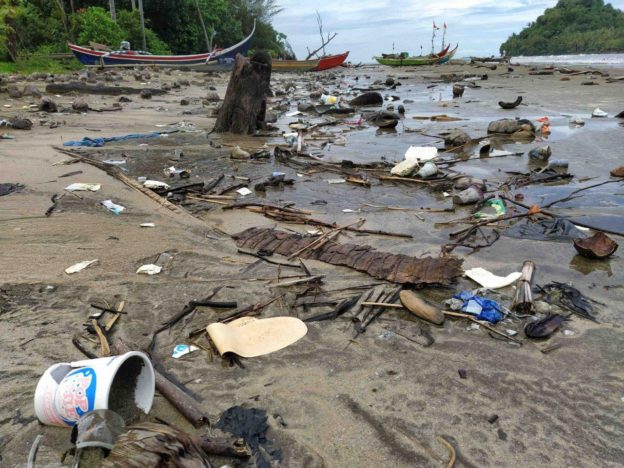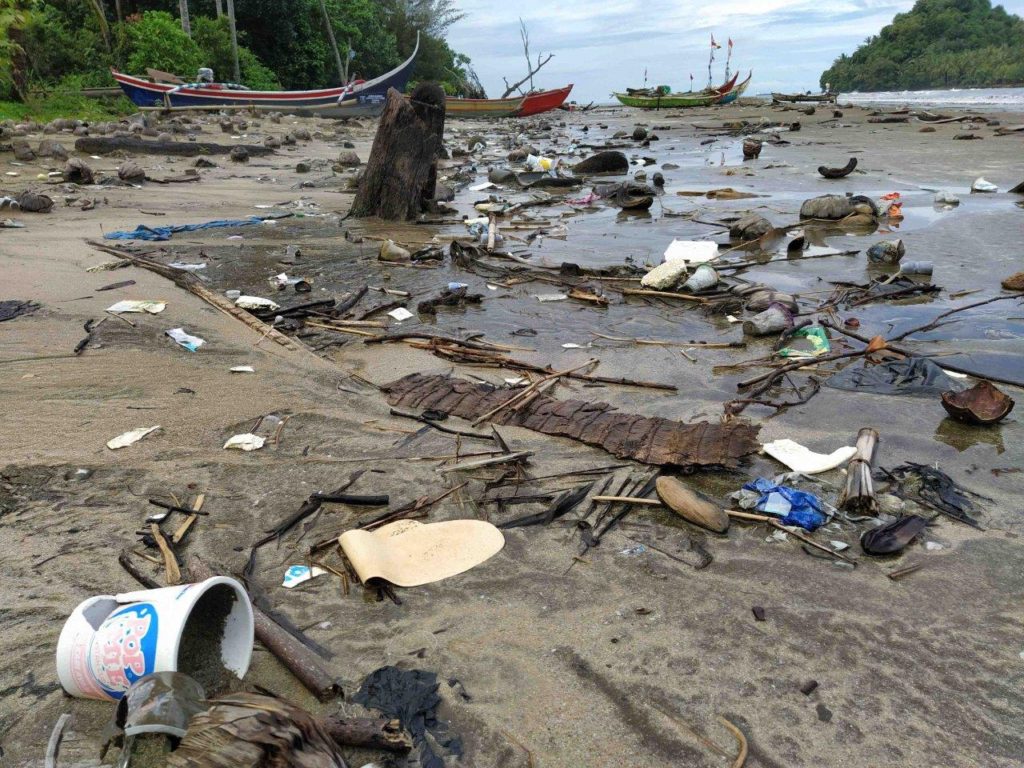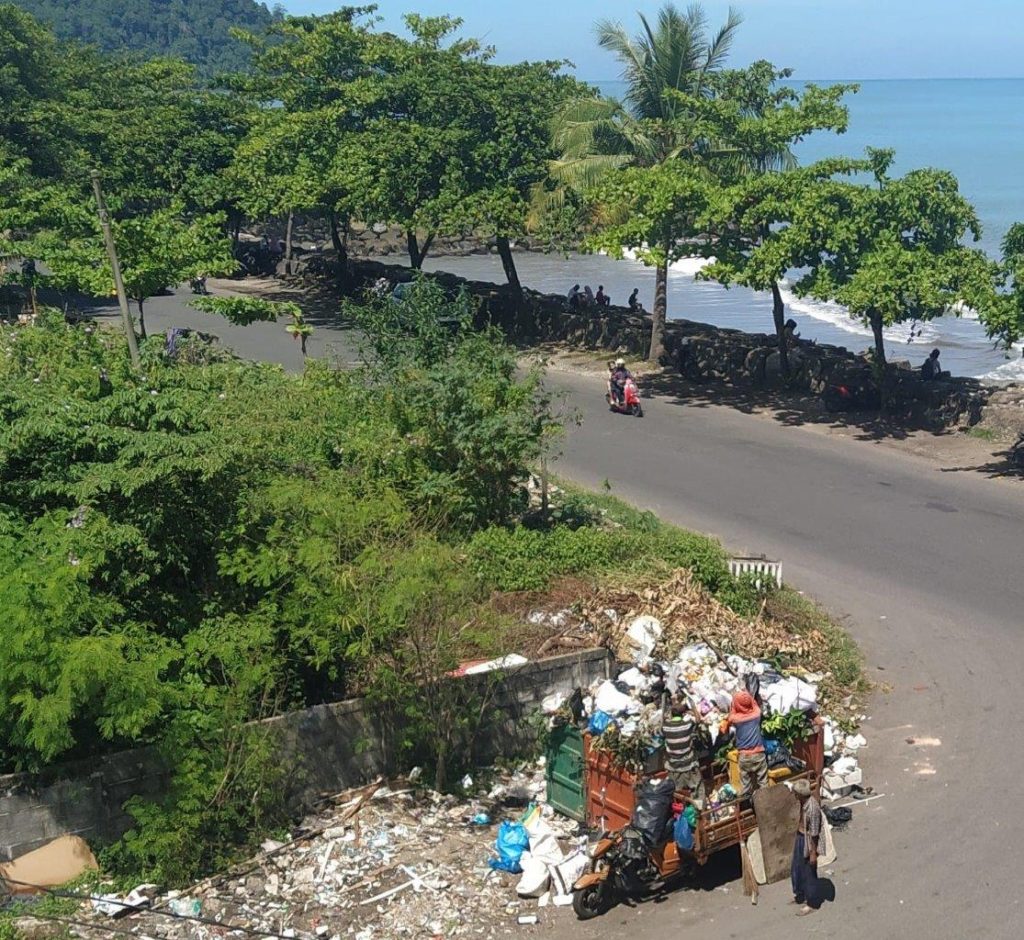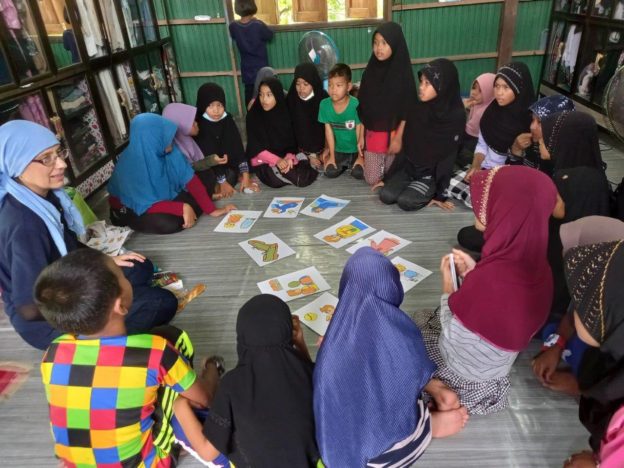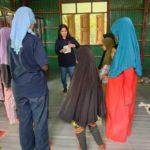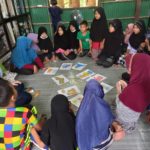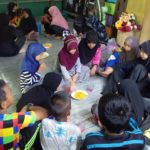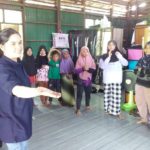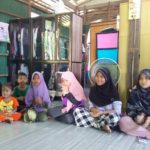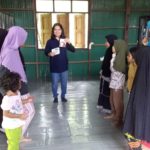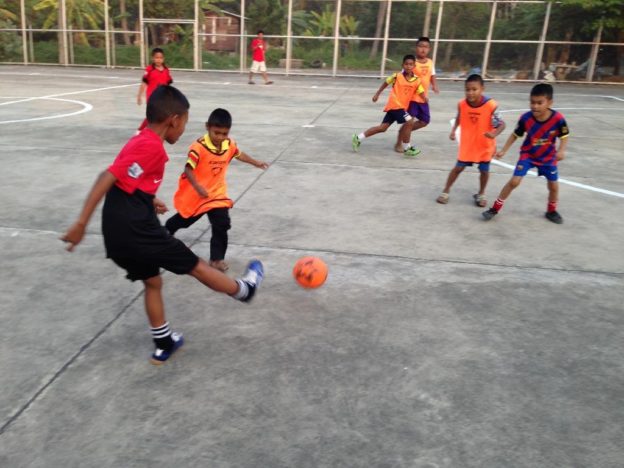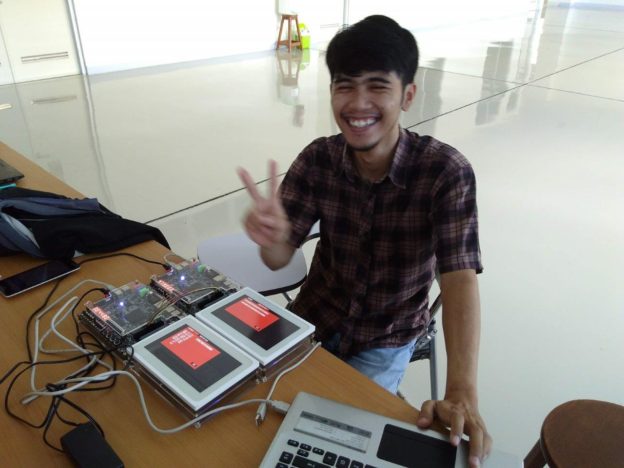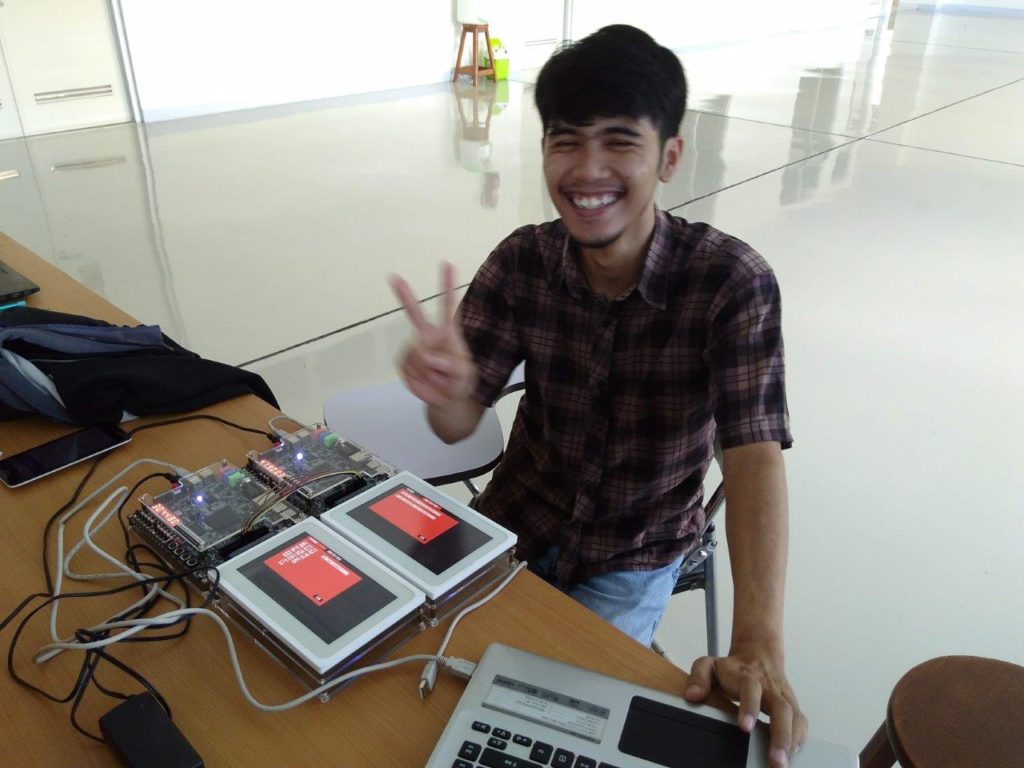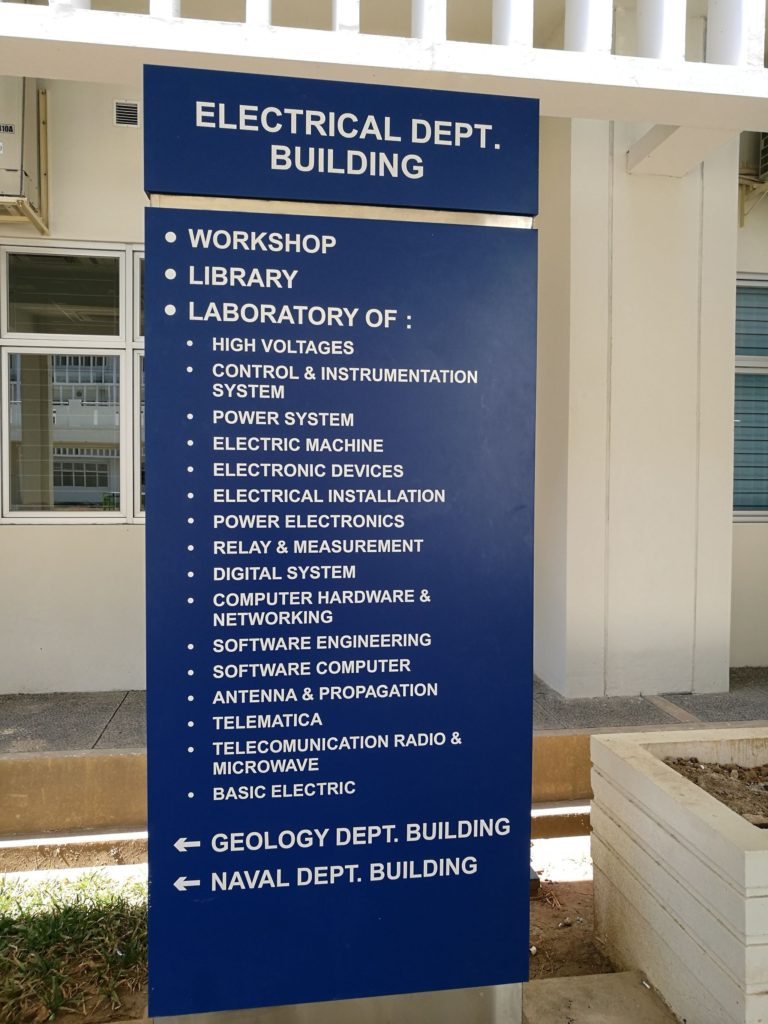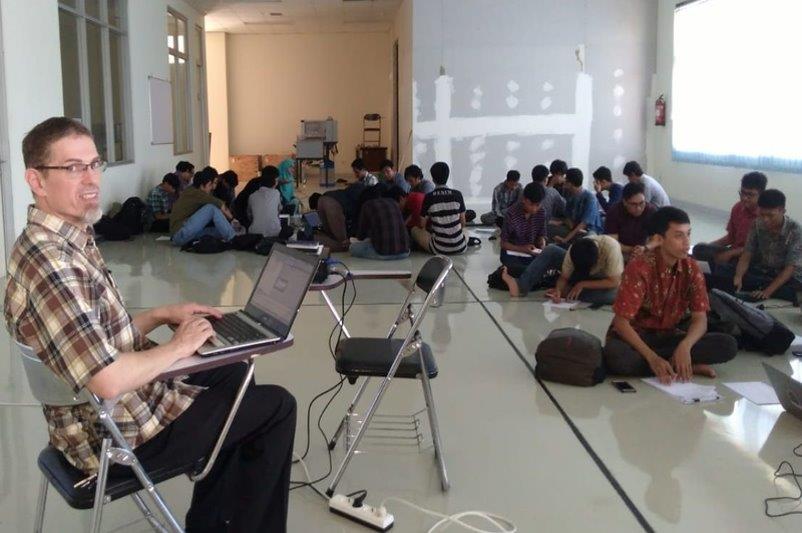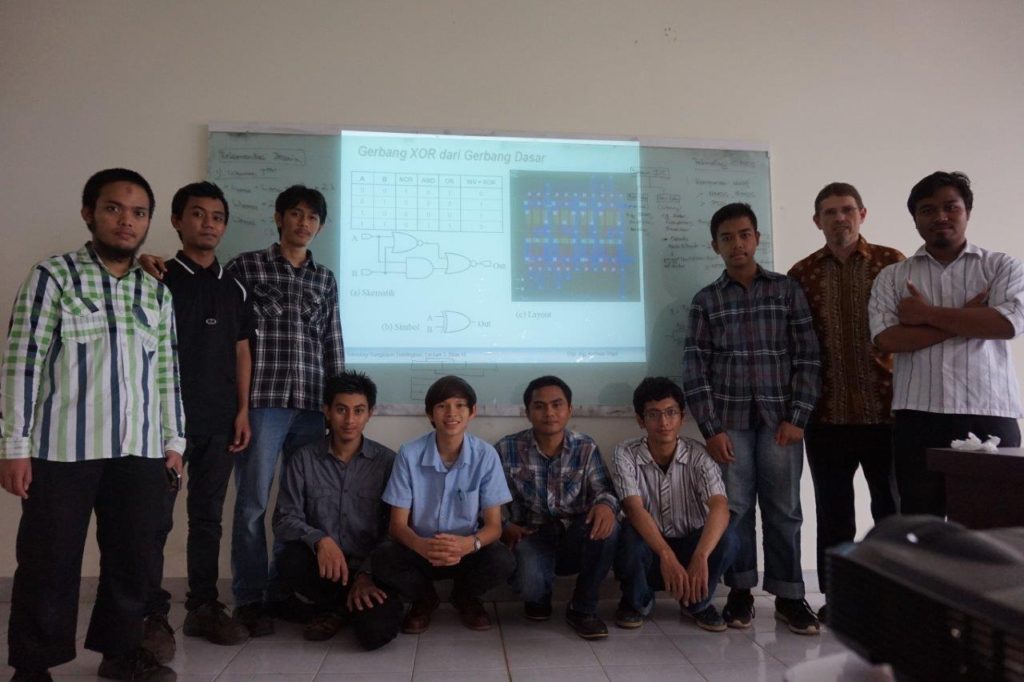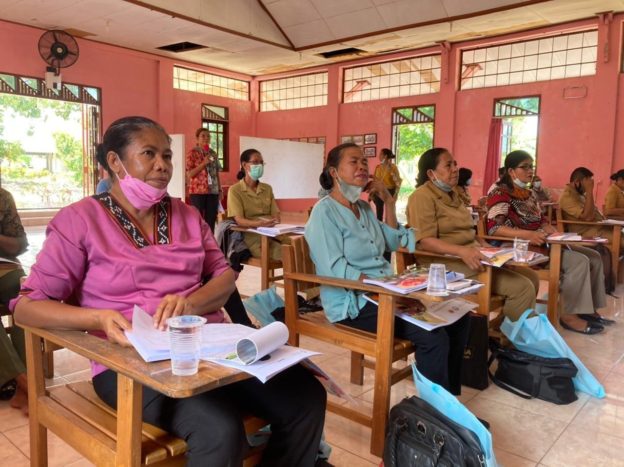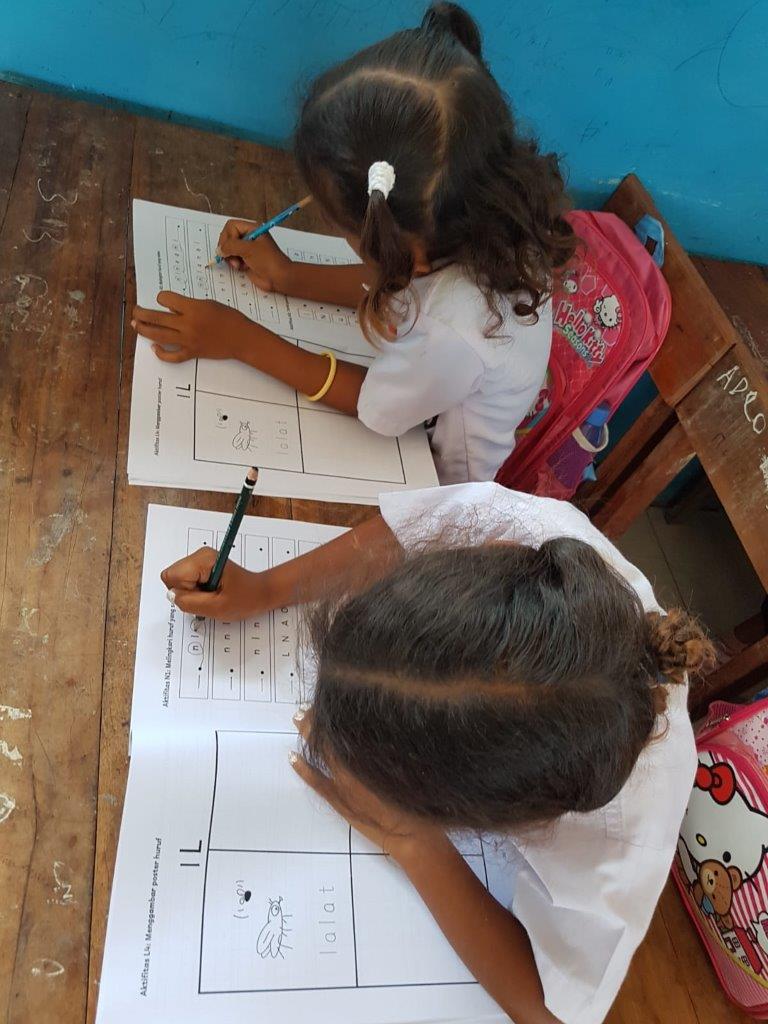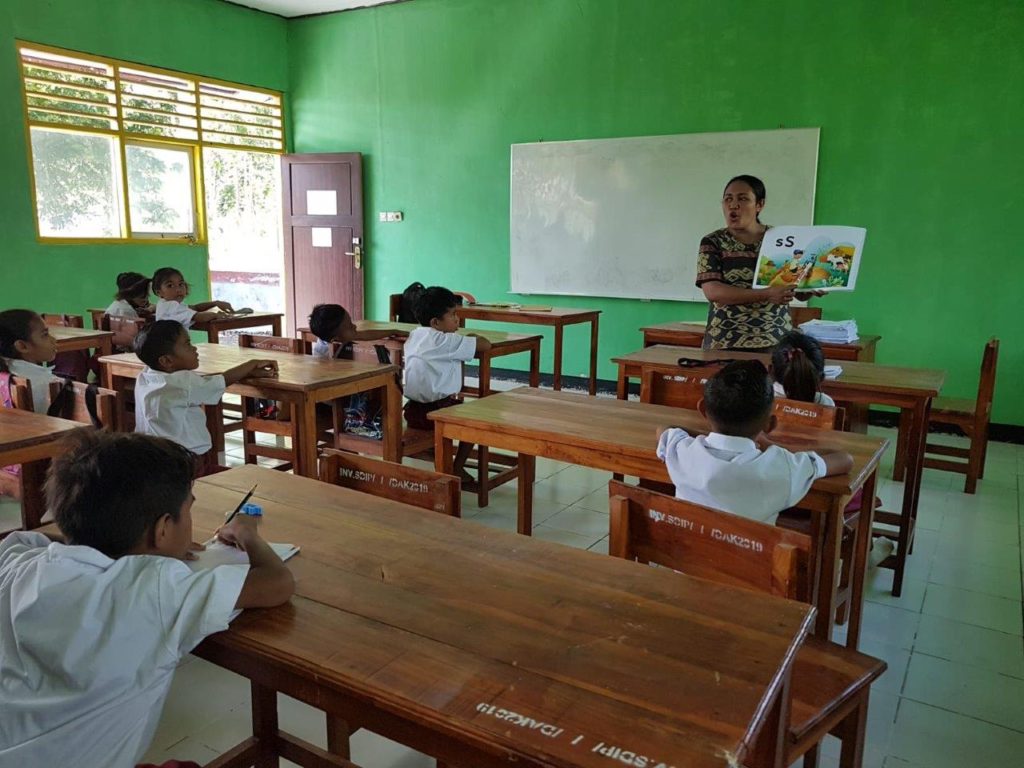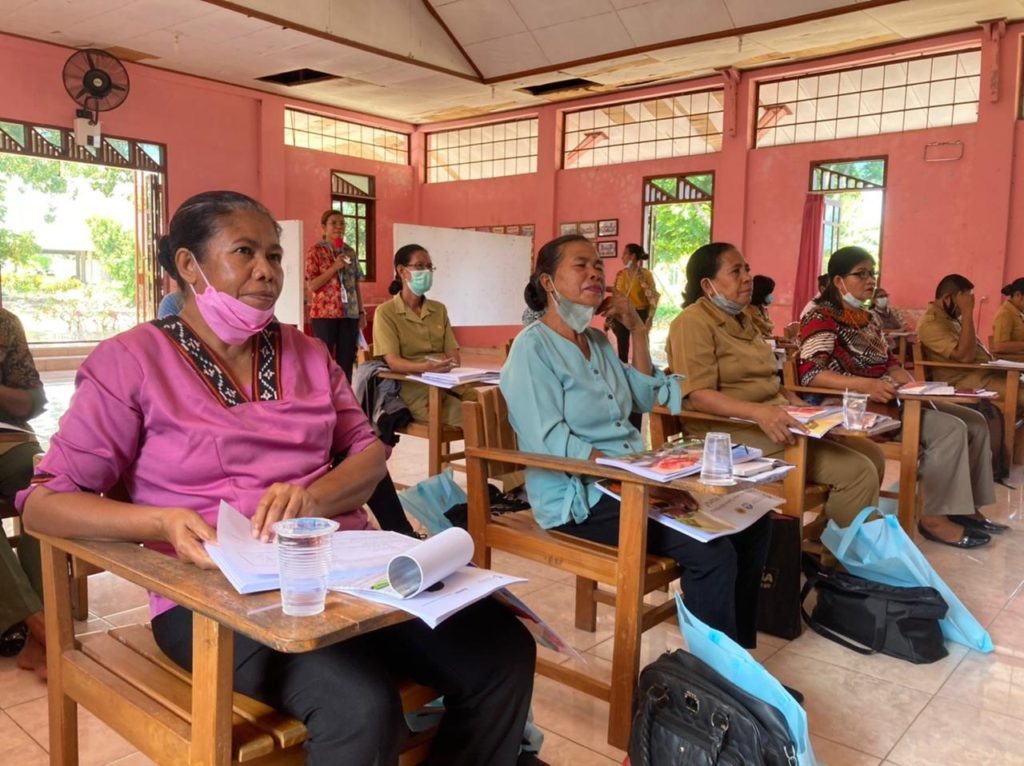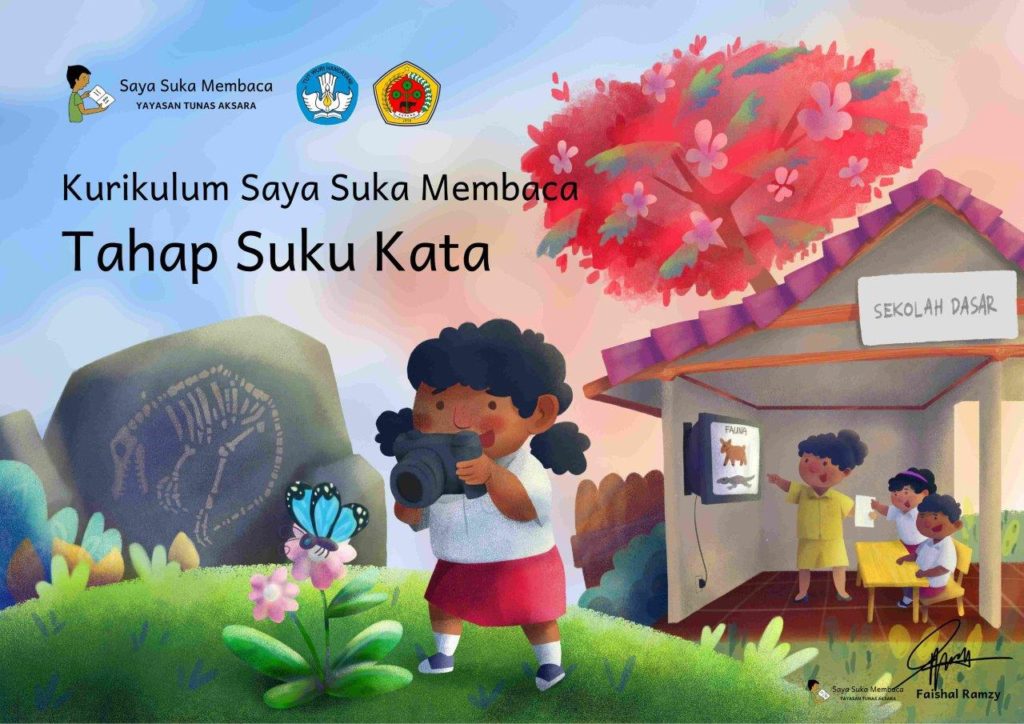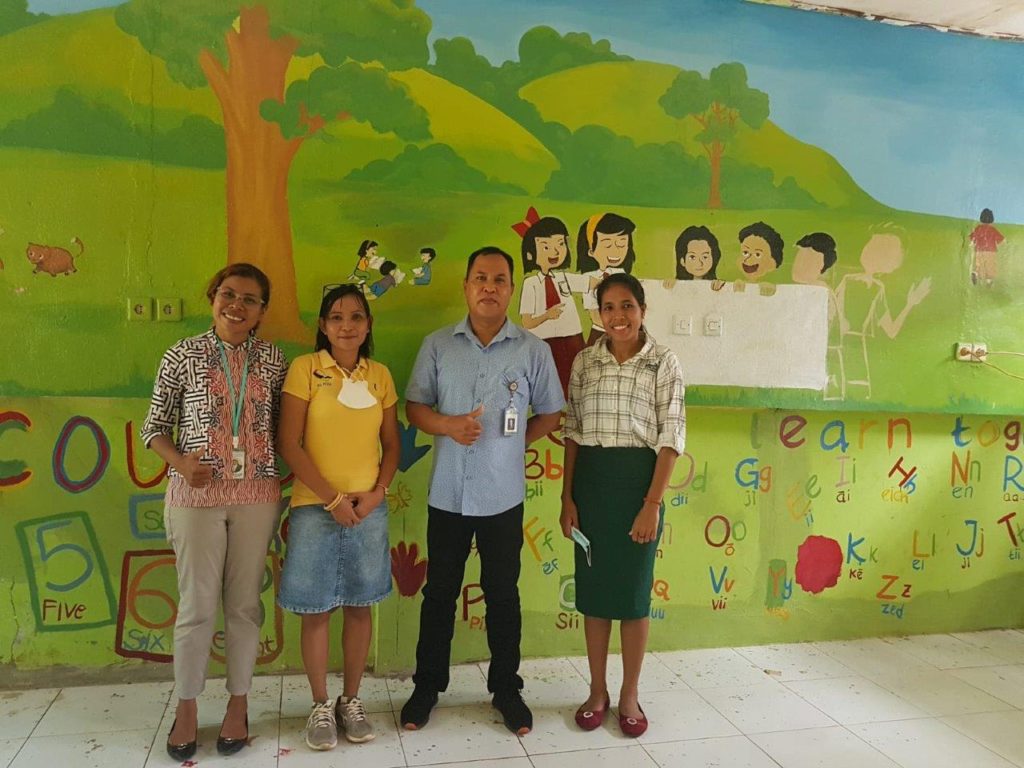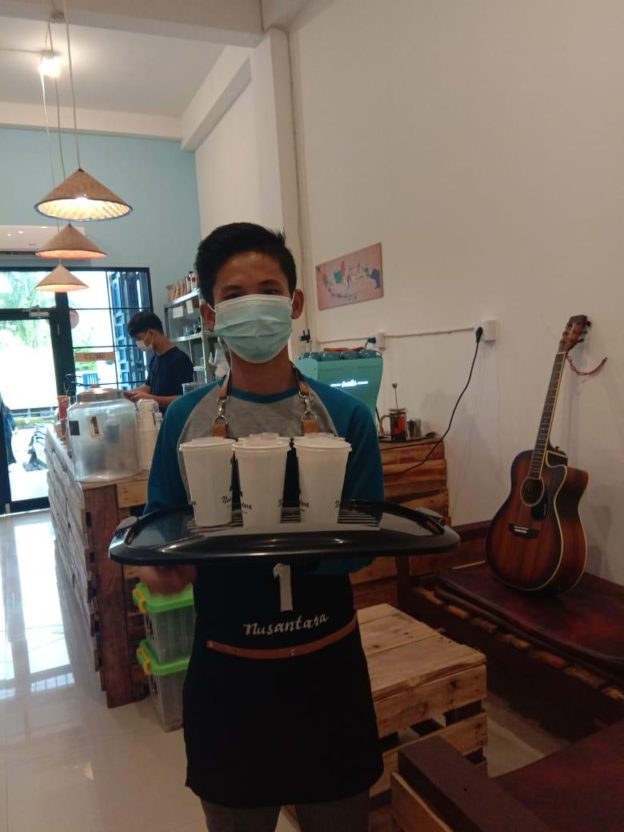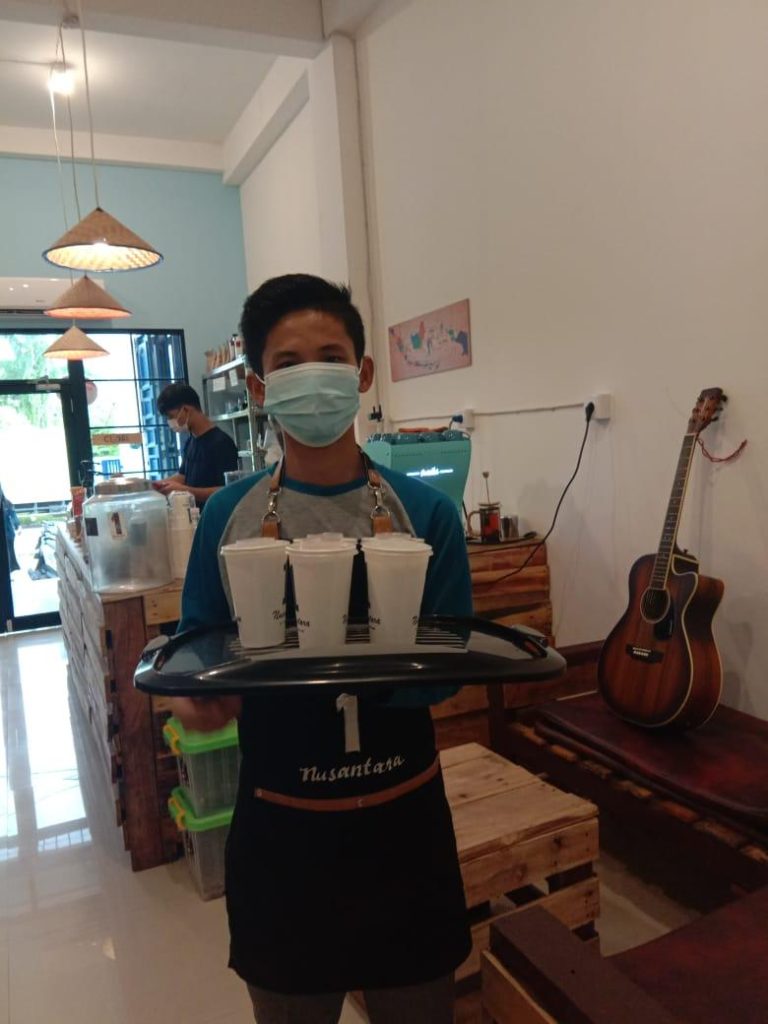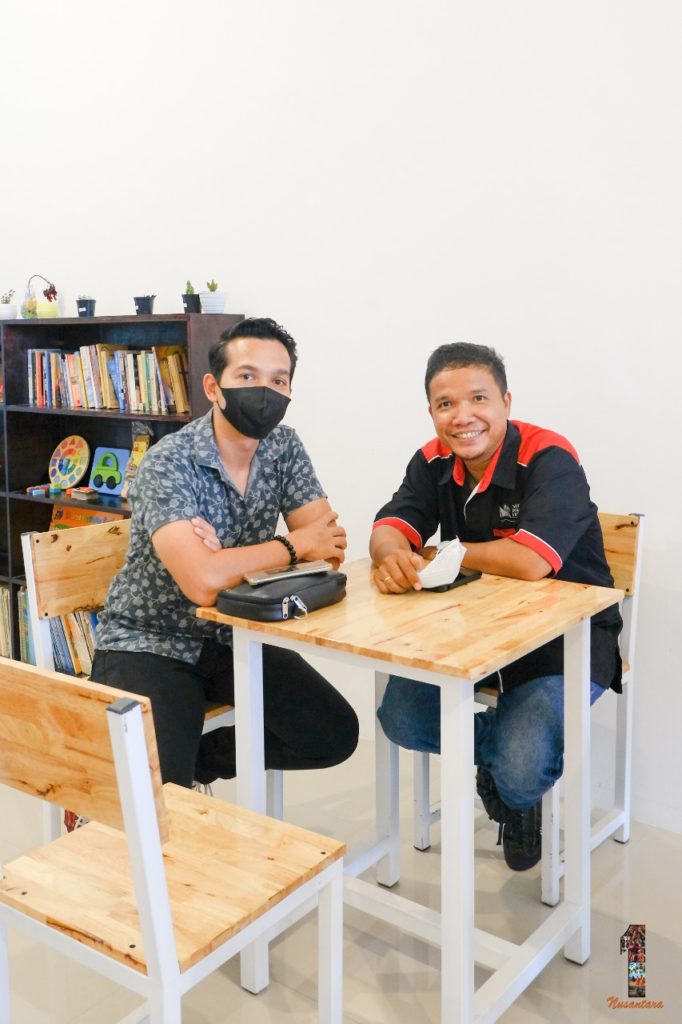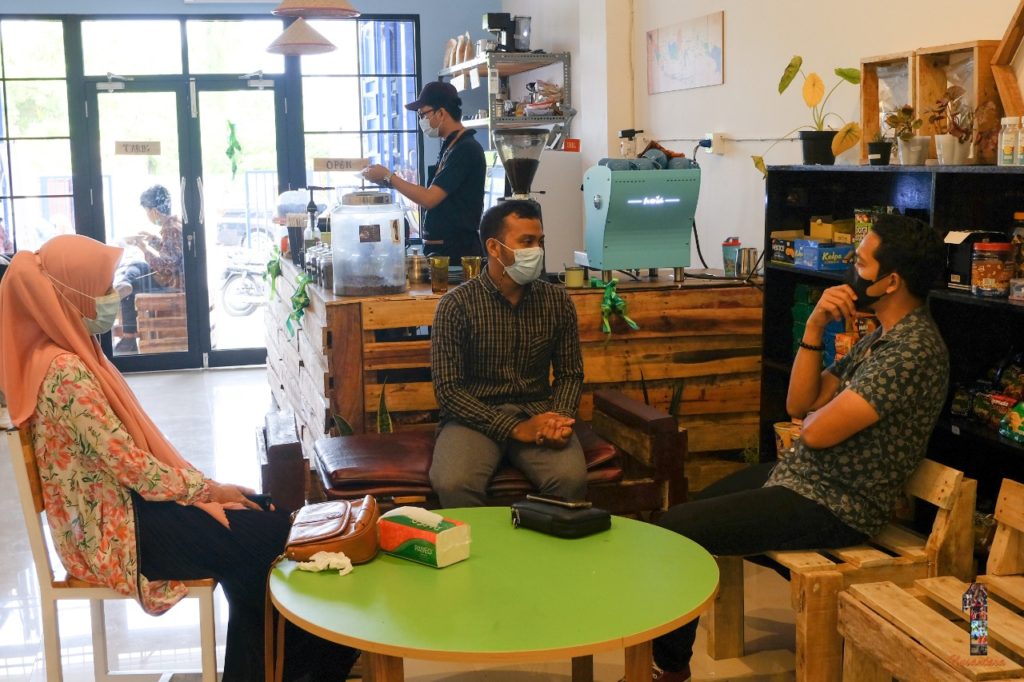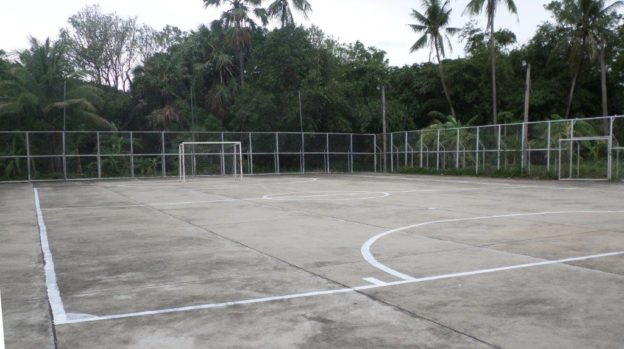SEEDS partner, Indonesian non-profit foundation Pendar Pagi, shares SEEDS’ commitment to help alleviate poverty in Southeast Asia through journeying with and equipping local people in the Riau province of Indonesia with applicable life skills. One opportunity that is currently being developed is to come alongside poorer families in one of the province’s regencies and developing their potential and capacity for raising fish and aquaponic vegetables. Although there are already fish farming businesses in this region, the integrated farming skills training program aims to assist families that are not able to afford the capital nor have the expertise to set up their own fish farms.
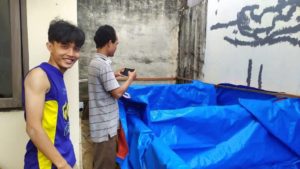
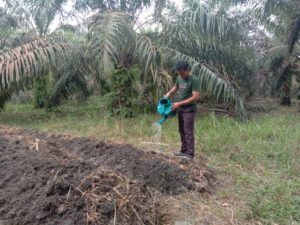
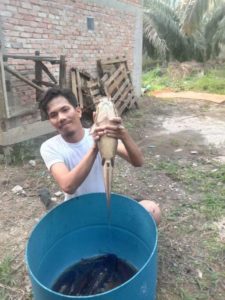
Currently program volunteers are researching local varieties of fish that are easy to raise, have a good market price, and require minimal space for farming. Alongside this, several different types of vegetables are being investigated for growing in the fish pond water, deriving the necessary nutrient from the fish waste in the water.
Local people are not the only ones who will benefit from this initiative. The program’s volunteers are all students interning during their final stages of study. One volunteer with a background in fisheries has a heart to help those living in rural areas but without access to training to help improve their economic situation and quality of life. Several other volunteer interns have expressed their vision of helping people in remote areas in the future. For each one of these individuals, the experience of researching effective solutions to address poverty-related problems, coming alongside local poor families to journey with them in applying these solutions, and evaluating the success of these efforts are all invaluable in fulfilling their expressed dream of helping others.
Currently volunteers are in the process of looking for local people who open to learning, not only how to raise fish and grow vegetables to help alleviate their economic situation, but also developing life skills and character that will point them to a better future. So how do they find these kinds of people? Volunteers go to village coffee stalls and drink lots of coffee or tea with folk as they ask questions and listen. They show up at the local market, which is the social gathering place for the surrounding region, in order to interact with locals, hear their stories and invite them on this journey of growing life skills and character. In conducting research and identifying candidate families for training, this program supports SEEDS overall aim by providing hope to poor families through the development of character and life skills that helps to improve not only their economic situation, but also their overall outlook for the future.

